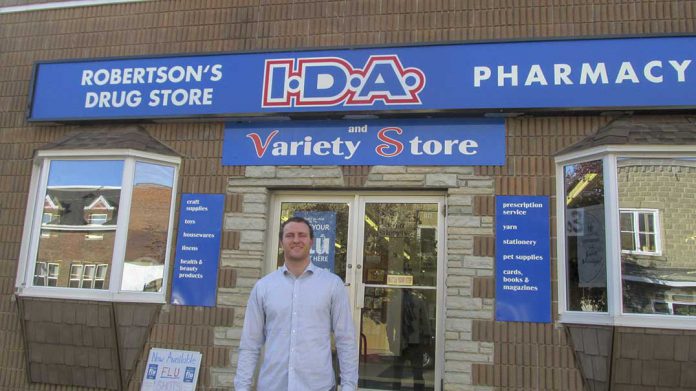Dear Editor:
The recent special report by the Intergovernmental Panel on Climate Change, Global Warming of 1.5 degrees celsius is an important warning, and kudos to our MP Carol Hughes for bringing it to the attention of your readers (“IPCC report raises the stakes for climate change inaction,” October 19). To keep temperatures from rising more than 1.5 degrees above pre-industrial levels, the IPCC says, “global net human-caused emissions of carbon dioxide (CO2) would need to fall by about 45 percent from 2010 levels by 2030.” The longer we wait to reduce our emissions of greenhouse gases, the harder it will be to avoid an environmental disaster.
I often hear the argument that climate change is such a huge problem that we are powerless. It’s a defeatist argument, maybe just an excuse to do nothing. But there are things we can do:
-Be an informed voter. Don’t vote for politicians who refuse to combat climate change and don’t believe politicians who deny fossil fuels are the major cause of global warming. They are either ignorant or they are lying. Carbon dioxide, produced by fossil fuel combustion, is called “a greenhouse gas” for a reason.
-When governments bring in legislation like carbon taxes or fund projects that cut emissions, support these initiatives. Governments that recognize our role in causing climate change are constantly being slammed by powerful interests that want you to take their side. A prime example is the federal Liberal government’s ethical stand on carbon pricing, requiring provinces to introduce legislation. Conservatives, oil interests and some provinces are slamming them for it because they want “full steam ahead” on fossil fuels, ignoring the consequences. And the federal government has caved in to pressure to support the TransMountain pipeline, which will pipe dilbit (bitumen diluted with benzene and other toxic chemicals) from Alberta’s ever-expanding tar sands mining operations. It’s a mess of competing interests and public inertia, but one basic message is a guide to sorting it all out: we must reduce our use of fossil fuels to avoid global environmental disaster.
-Invest your savings ethically. Most banks, credit unions and mutual funds invest part of your savings in fossil fuels, but there are fossil-fuel-free alternatives, including a few GICs which are guaranteed through government deposit insurance like CDIC.
-Do what you can to reduce your own fossil fuel consumption. For example, on Manitoulin most people need a car, but for your next purchase, consider a hybrid or plug-in. I cut my fuel consumption from seven litres per 100 km to less than 4.5, a 35 percent saving, just by switching to a hybrid.
If we take climate change seriously, we can have an impact.
Jan McQuay
Mindemoya




